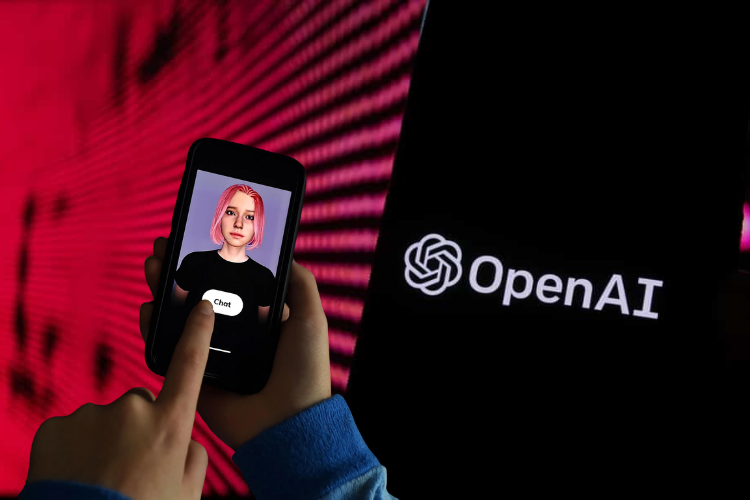In a surprising development following the launch of OpenAI's GPT Store, a new trend has emerged: the proliferation of romantic AI chatbots, despite clear restrictions against them. This surge has sparked a debate over the ethical implications of such artificial companions.
The GPT Store, introduced by OpenAI, the developer behind ChatGPT, was designed as a platform for sharing and accessing custom AI applications. However, a recent Quartz analysis highlighted an unexpected influx of "AI girlfriends" in the marketplace. Searches revealed various virtual companions like "Korean Girlfriend," "Virtual Sweetheart," and others, raising questions about adherence to OpenAI's usage policies.
OpenAI's guidelines explicitly prohibit the creation and distribution of GPTs intended for "fostering romantic companionship or performing regulated activities." These policies are meant to be enforced automatically or retroactively, yet the presence of these chatbots suggests a gap in the enforcement process.
The popularity of AI companionship platforms has been growing, with apps like Replika, known for providing judgment-free virtual friendships, gaining over 10 million downloads. This trend has led to some users developing deep emotional bonds, and even falling in love with their AI companions.
When asked about this phenomenon, ChatGPT responded with caution, highlighting the ethical and social implications. It noted that while AI companionship can be intriguing, it also brings up concerns about objectification and the impact on real human connections. ChatGPT emphasized the importance of ethical guidelines and the consideration of potential societal consequences in the development and use of such applications.
This development in the AI industry raises critical questions about the balance between technological advancement and ethical responsibility, especially as AI becomes increasingly integrated into personal aspects of human life. As the debate continues, it remains to be seen how OpenAI and other stakeholders will address these emerging challenges in the AI landscape.







